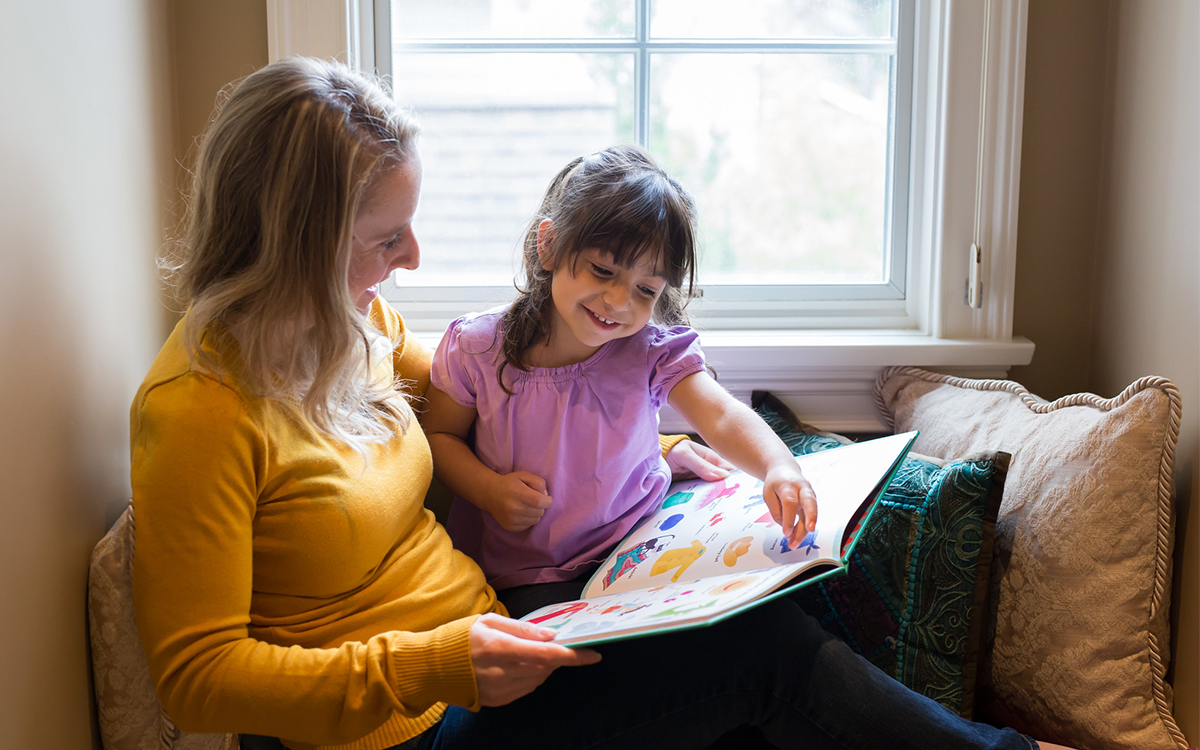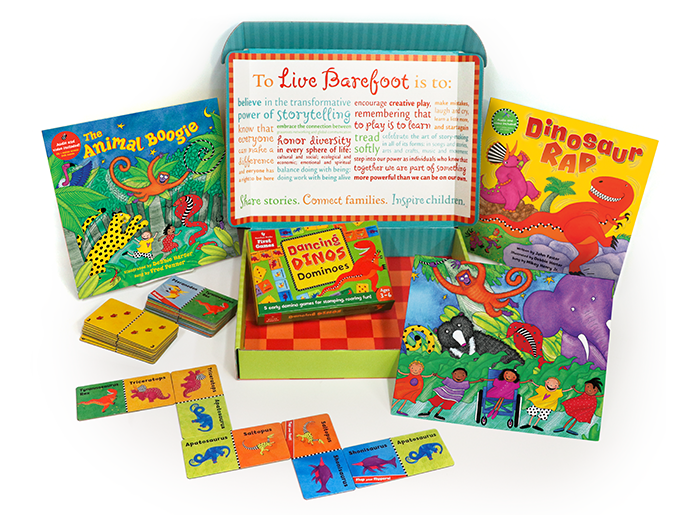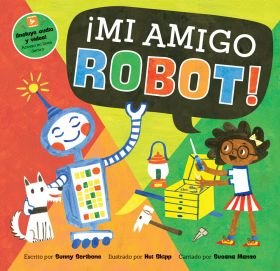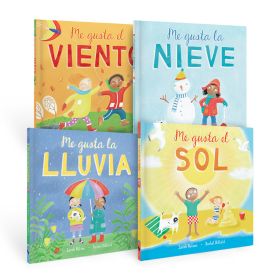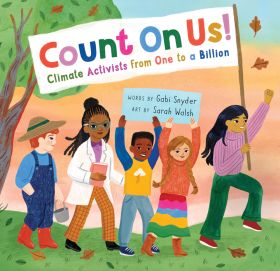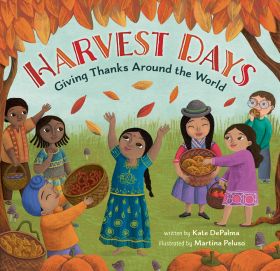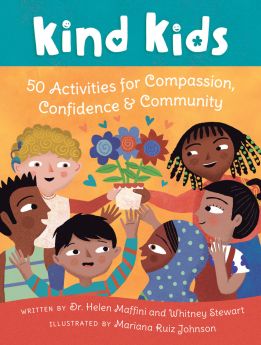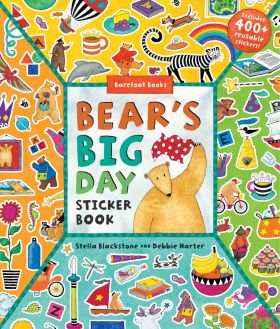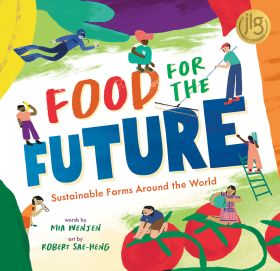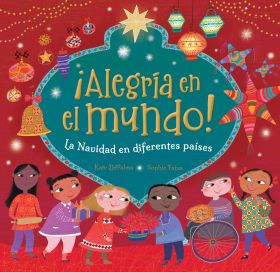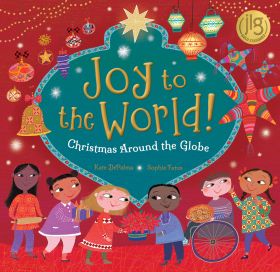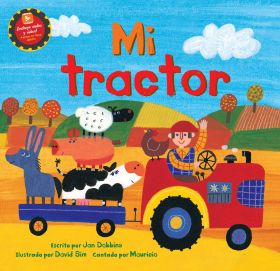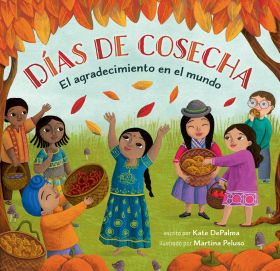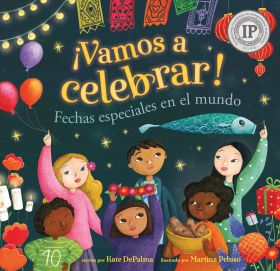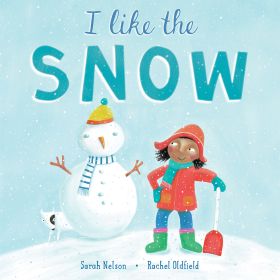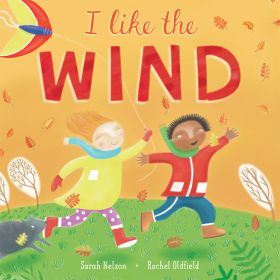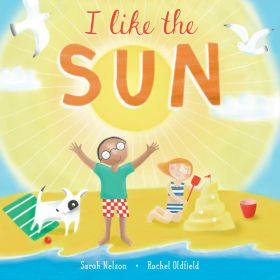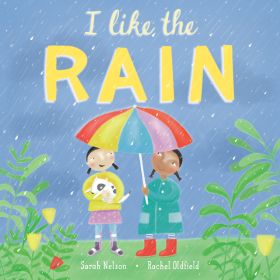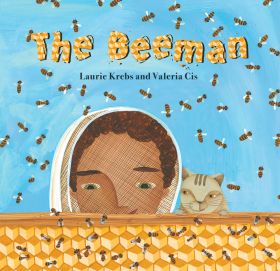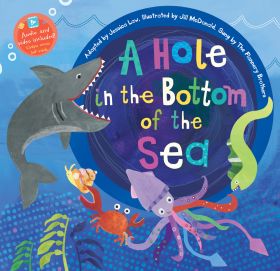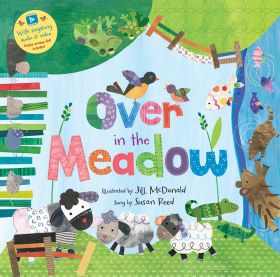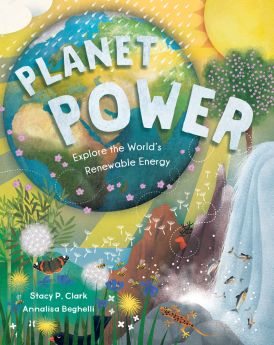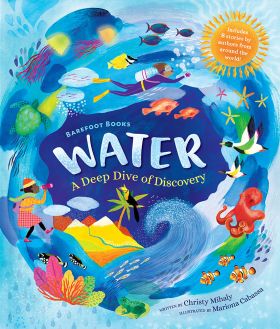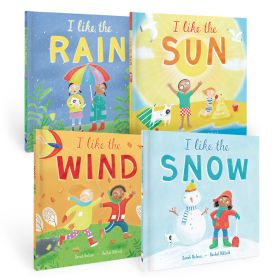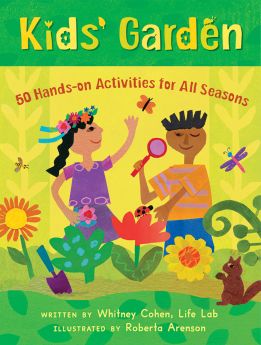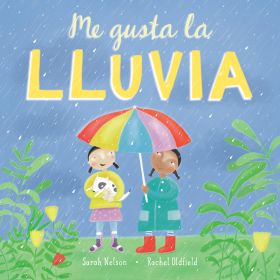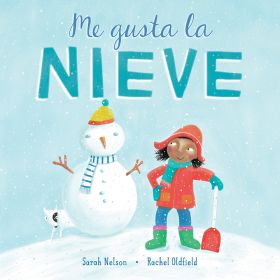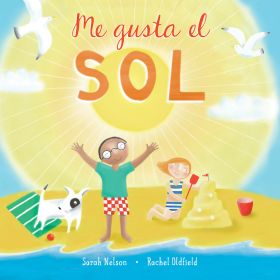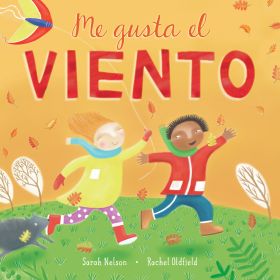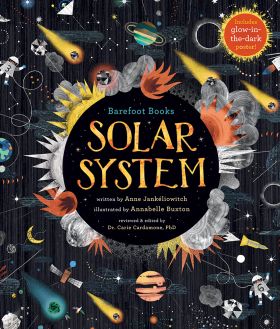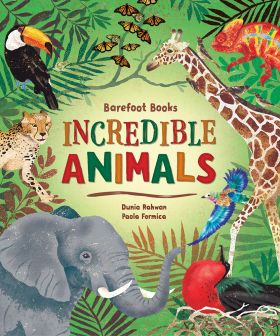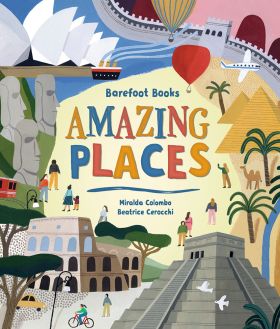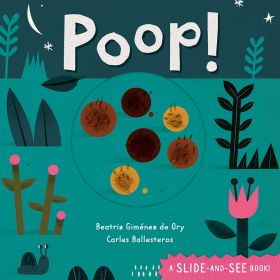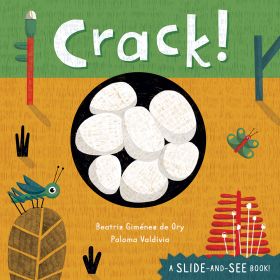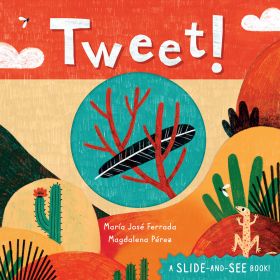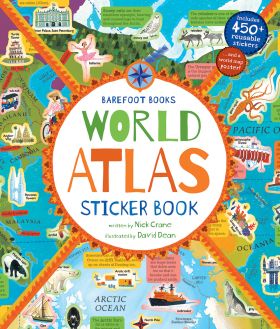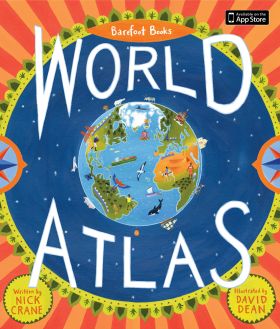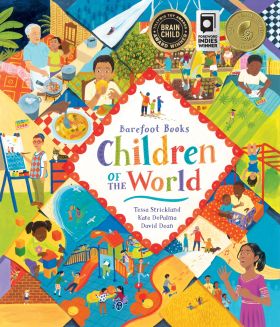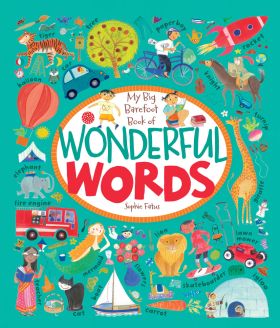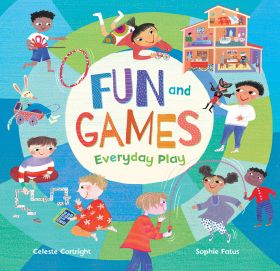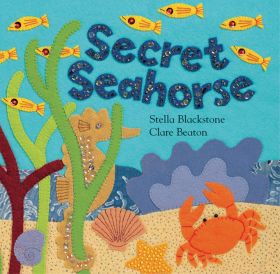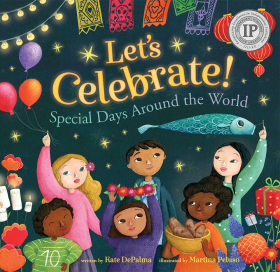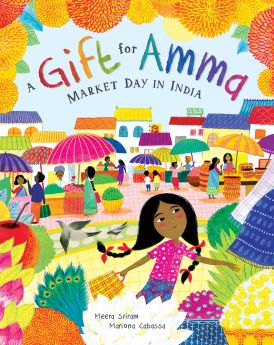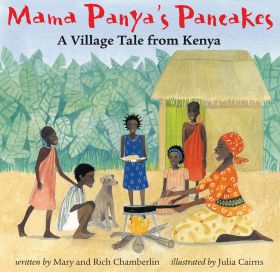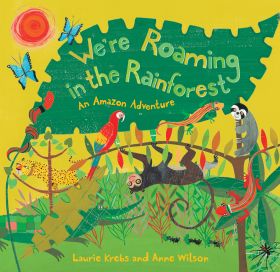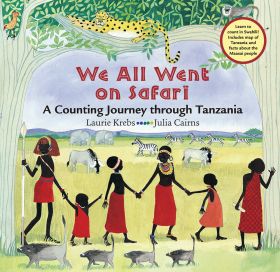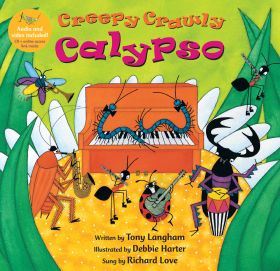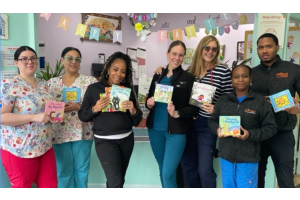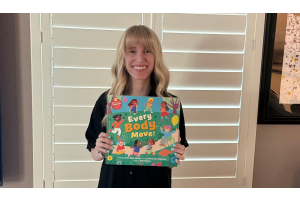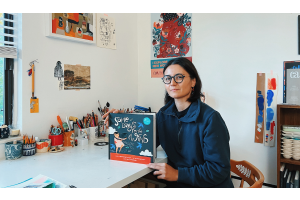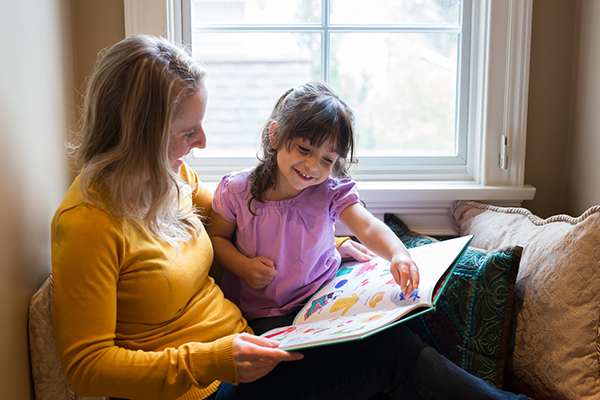
Did you know that reading aloud is the single most important thing you can do to help children achieve academic success?
Early exposure to reading aloud has such a long-term influence on children’s outcomes that pediatricians in the United States are now required to “prescribe” reading to parents of all babies from birth! Reading aloud is in itself extremely beneficial for kids of all ages, but research shows that there are things you can do at home to support early literacy even more as you read. Here are some practical, evidence-based tips for supporting literacy from infancy through school age.
Babies & Toddlers
Include “high contrast” books in the first year. Babies’ developing brains are tasked with processing a lot of information! Since their vision is still developing, baby books with high-contrast art capture their attention most effectively. Gazing at these images allows babies’ brains to rest and helps prevent overstimulation.
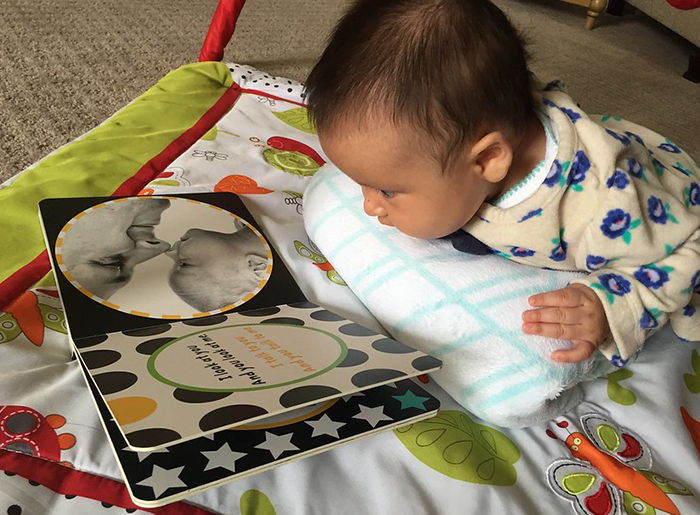
Be prepared for unconventional storytimes. It’s normal for babies’ and toddlers’ attention to wander during stories. It’s okay if your toddler is active while you are reading! It’s also fine to skip pages, paraphrase or stop reading a book before you’ve finished.
Choose primarily board books. Board Books are wonderful for babies and toddlers because they withstand mouthing, which is one of the primary ways babies explore their world! The dyes in our books are vegetable-based and non-toxic, so you don’t have to worry when your little one “reads” with their mouth! Board books are also great for tummy time, which is important for building core muscle strength. You can prop them up, which gives babies a focal point.
Make reading times interactive. Books that encourage interaction are fantastic for babies and toddlers. Some interactive books ask children to seek, count or name objects. Other books ask questions for children to answer. And some books ask children to make predictions, or even play peek-a-boo! To make any book more interactive and to keep your toddler’s attention, try using a puppet as you read.
Keep a selection of books within their reach. Allow toddlers to pick their own books when possible by keeping their books stored on shelves or in bins where they can reach them.
Preschoolers
Create regular daily reading times. The #1 thing you can do to foster literacy skills in preschool age children is establish regular home reading routines. Your typical reading time could be at bedtime, at dinner or even in the bath. Of course, you can read at other times too. Establishing a routine ensures that you will make time for reading every day.
Point as you read. Point to pictures of characters and objects as you read about them in the text. This is such a simple thing to do, but it has a big impact. Showing your child the illustrations that correspond to your spoken words helps them make meaning of language and learn new concepts.

Seek out singalong books. Singalongs foster listening skills and help children learn to follow directions, which are both so important for kindergarten readiness. The catchy lyrics and music in our singalongs capture children’s attention and keep them interested for longer than they might be otherwise. Plus, moving along to singalongs helps develop gross motor skills!
Rhyme and repeat! Choose rhyming books and books with repeated text. These types of books give children the chance to “read” along with you! Pause when reading a rhyming story and allow children to complete the rhyme (“There was a mouse who lived in a . . . ”). When reading a book with repeated text, stop to let your child fill in the blanks. Reading along with you gives children confidence as “readers” and helps them build the connection between spoken language and printed words.
Ask open-ended questions when reading. The best kind of questions require children to think about why something happened or predict what might happen next. (“Why do you think the girl is sad?” “What do you think will happen next?”) As a guide, ask questions that start with “what,” “how,” “why” and “when.”
Let them choose! Research shows that literacy outcomes improve if you keep a wide variety of books on hand in your home library and to allow children to choose what they read.
School Age Children
Keep reading aloud, even after they know how to read independently! A child’s reading level doesn’t catch up to their listening level until about age 14. Reading more complex books aloud to older children improves their vocabulary and reading comprehension!
According to research, when children begin to read independently (usually between the ages of 6 and 9), their parents often stop reading aloud to them. Yet, 83% of children between the ages of 6 and 17 said they “loved it” or “liked it a lot” when their parents read aloud to them at home. Their top reason? It's a special time with their parents.
Ask about new words. Pause after reading a new vocabulary word and ask your child what they think that word means. They might be able to guess correctly, based on the context. If they don’t get it right, provide the definition.
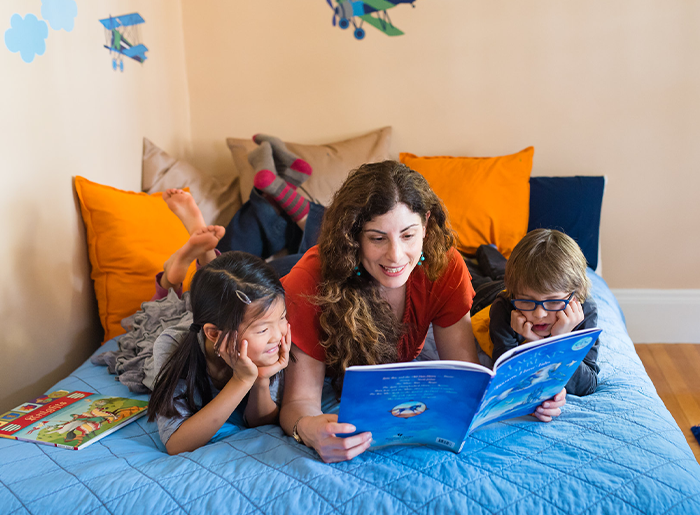
Enjoy story collections together. Story anthologies are perfect for reading aloud to your young reader. When you read aloud, you can expose your child to more sophisticated vocabulary and plot lines than they might encounter in books at their own reading level. Read-alouds also naturally lead to discussions about the book, during which time you can check on your child’s comprehension of the story. Many of our story anthologies include an audio version of the story as well.
Opt for high quality chapter books. As parents and educators it is a real challenge to find high-quality chapter books for growing readers. Our chapter books incorporate full-color illustrations throughout. These illustrations provide reading support in the form of context clues, which allows our authors to incorporate more complex vocabulary and concepts.
Want more guidance?
Award-winning books that are just right for every age and stage, delivered to your door. The Barefoot Book Box is our one-of-a-kind, monthly subscription for opening kids’ hearts, minds and world. Choose from three age groups! Each box features:
✔ 2-3 beautifully crafted books and gifts
✔ A collectible artist's print featuring renowned illustrators from around the world
✔ Expert tips for fostering your child's literacy skills
Your subscription provides an engaging, well-rounded program that builds global awareness, compassion; creativity and critical thinking skills.
Find the best books for supporting literacy at every age!
Babies & Toddlers
Preschool Age Children
School Age Children



